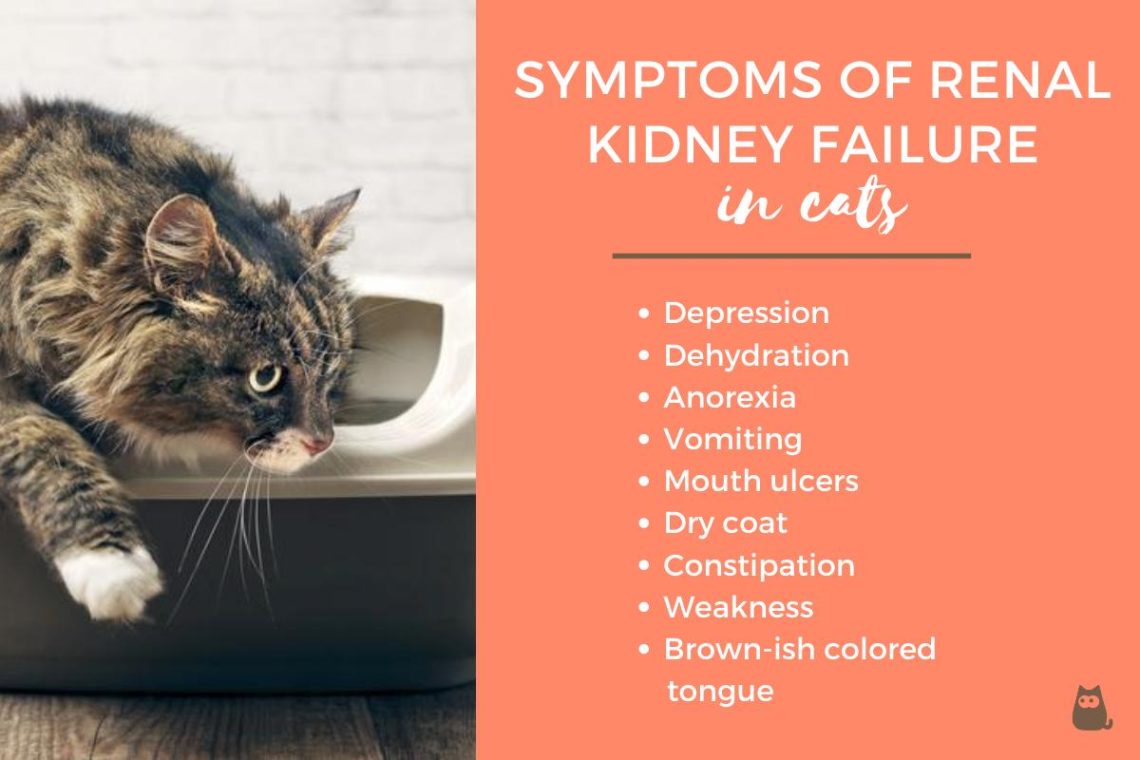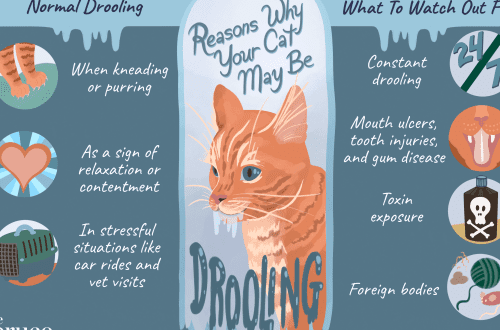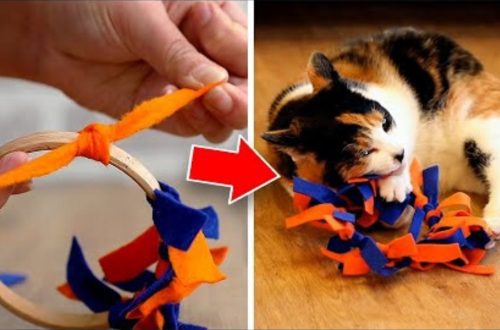
Болест бубрега код мачака: симптоми и лечење
Kidney dysfunction is one of the most common problems that veterinarians see in older cats. The exact causes of this disease are not yet known.
Genetics, decreased desire to drink, undiagnosed chronic kidney infections, hyperthyroidism, dental disease, and high blood pressure are thought to contribute to the development of chronic kidney problems in cats.
Kidney problems are different. Pets can suffer from stones, they can develop acute or sudden kidney failure, infection, and even cancer, but chronic kidney failure is more common in older cats. After the pet is 7 years old, it is necessary to regularly check the health of her kidneys.
Садржај
Why the kidneys are so important
Kidneys are amazing little bean-shaped organs with many different functions. They filter the blood and produce urine to remove excess water, minerals, waste products, and toxins from the blood. This filtration maintains proper electrolyte balance in the body.
The kidneys also produce several types of hormones that help various body systems work. These include hormones that regulate blood pressure, stimulate the bone marrow to produce red blood cells, and promote the absorption of calcium from the intestines. If a human or cat develops a kidney disease that is severe enough to reduce that organ’s ability to function properly, the entire body suffers.
Main symptoms of kidney disease in cats
The symptoms of kidney disease in cats are classified as “classic”, which means that all animals with reduced kidney function usually show the same signs. The earliest sign of kidney problems in cats is increased thirst and increased urination.
The kidneys, whose function is impaired, are not able to process water, so the cat urinates more often, which makes her even more thirsty, she drinks even more and urinates again … As a result, a vicious circle occurs. It is necessary to keep track of how many times a cat visits the litter box on average during the day so that a problem can be quickly detected if it occurs.
Another classic symptom of kidney disease is weight loss and decreased appetite. The reason for this is the loss of the ability of diseased kidneys to filter toxins from the blood, which causes nausea and weakness in the cat. Other classic symptoms of kidney dysfunction in animals include:
повраћање;
more rare washing;
висок крвни притисак;
painful sores in the mouth that contribute to loss of appetite.
Another sign of declining kidney health in cats is acute blindness and dilated pupils. Because the kidneys help regulate blood pressure, when they fail to function properly, the pressure rises and can cause retinal detachment at the back of the eye, leading to permanent blindness.
How to treat kidney disease
The mere fact that a cat is aging does not mean that it will necessarily experience impaired kidney function. In the past, veterinarians could not diagnose such disorders until the disease was in advanced stages, making it difficult to treat. More accurate blood tests are now available, allowing for early kidney screening. They can assess the health of a cat’s kidneys before the first signs of problems appear and provide earlier medical intervention to slow the progression of the disease.
One of the most important ways to keep your cat’s kidneys healthy is to visit the veterinary clinic at least once a year for a comprehensive examination. From the age of about 6-7 years, the cat should have an annual blood and urine test. If your cat suffers from urinary tract infections or dental diseases, all recommendations of the veterinarian for treatment and care should be followed, as such conditions can contribute to the deterioration of the pet’s kidney health.
One recommendation from your veterinarian may be to include a high-quality omega-3 fatty acid supplement in your cat’s diet. These supplements can be purchased from your veterinarian as fish oil, either in liquid form or in capsule form. Do not give your pet over-the-counter fish oils made for humans, or even medicines for cats, without a prescription from a veterinarian.
Пиј, пиј и опет пиј
The kidneys need a lot of moisture. However, cats rarely consume enough water: they do not have the appropriate instinct, because in the wild they get most of the necessary moisture from prey. Most indoor cats do not hunt, so it is important that a combination of high quality canned and dry foods be included in the cat’s diet to ensure sufficient moisture. You can try a drinking fountain or add low-sodium chicken broth to your water to encourage your pet to drink more.
With proper care, a cat with impaired kidney function can live many more happy years. It is important to strictly follow the recommendations of the veterinarian, including all follow-up examinations and nutritional advice. Most likely, he will recommend switching the animal to wet cat food for kidney disease or a special medicated diet to maintain kidney health.
The specialist may also schedule follow-up visits once or twice a year for observation, depending on the general health of the cat and the severity of the kidney disease. All recommendations of the veterinarian for care and feeding should be followed.
If your cat is showing signs of kidney disease, you should consult with your veterinarian immediately. The health and quality of life of your beloved pet will depend on this.





